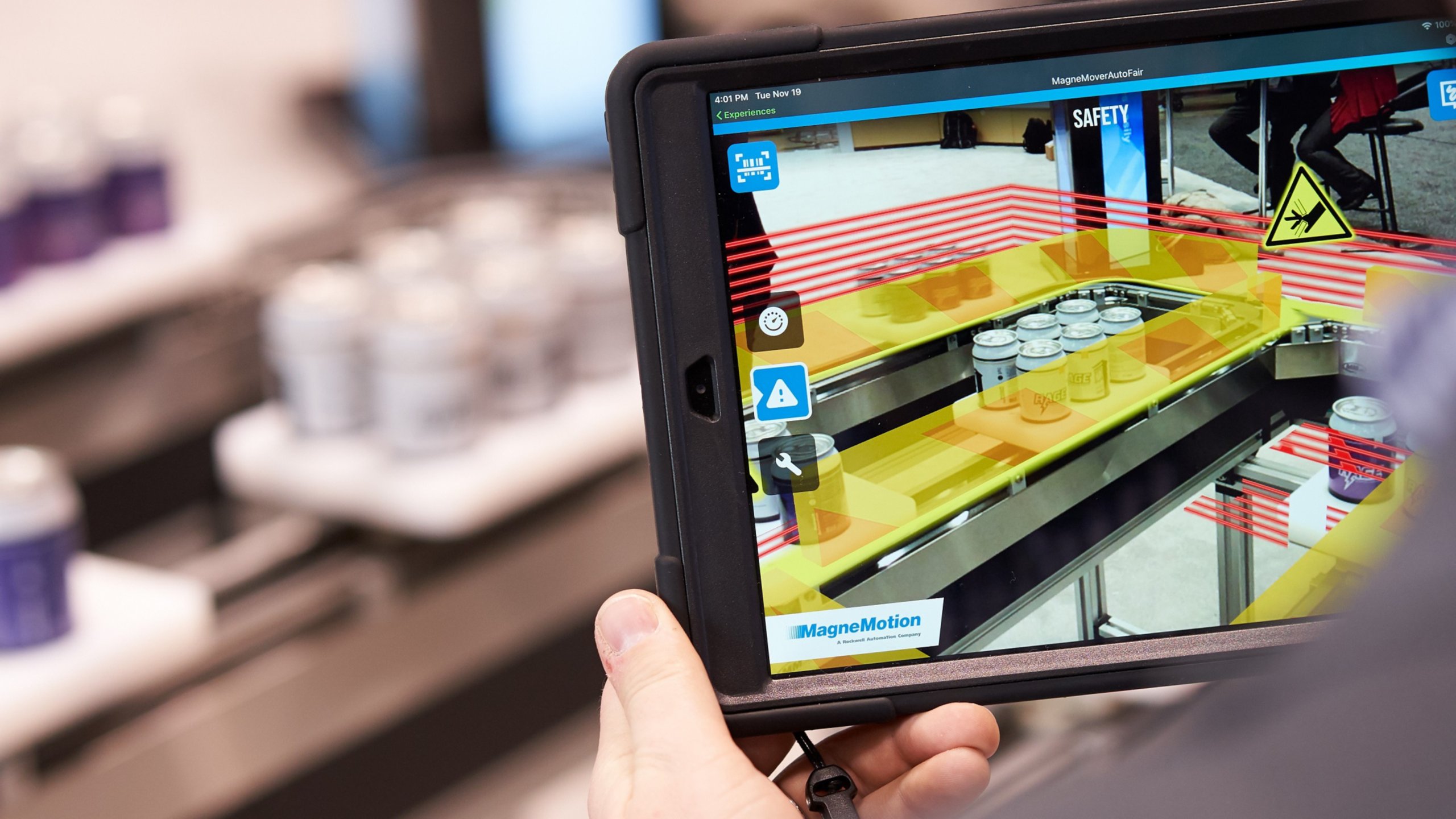According to a recent McKinsey report, “The world is experiencing a level of disruption and business risk not seen in generations. Some companies freeze and fail, while others innovate, advance, and even thrive. The difference is resilience.”
I recently joined a panel of executives from multi-national corporations to discuss the topic of resilience in the wake of the pandemic – and in the face of the challenges of rising energy costs, inflation and the charge towards net-zero. Throughout the conversation, I was struck by how important digital transformation is becoming to overall business resilience. Will the pressures of our times create digital diamonds for those companies with the capacity to recover quickly from difficulties?
Several executives in the conversation pointed to a widely experienced acceleration in the use of digital technology to meet the immediate needs of the pandemic. One cited a 2020 quote from Satya Nadella, the CEO of our strategic partner Microsoft: “As COVID-19 impacts every aspect of our work and life, we have seen two years’ worth of digital transformation in two months.” For this particular leader, at a pharmaceutical company, his experience was that his company had delivered one-year digital projects in just one month.
Another pharmaceutical executive spoke of the positive change of attitude to data that the pandemic brought about. He talked about the healthcare industry being less siloed than it was before the pandemic, with insurance companies, researchers, and healthcare providers all working together to understand COVID-19, and using data to help identify and forewarn patients who were at most risk. This, he explained, required multi-modal data (data from multiple different sources), which needed to be digitalized and rationalized. This process is closely regulated, and data is anonymized. He explained that huge progress was made, with discussions around trusted partners evolving much more quickly as a direct result of the pandemic.




